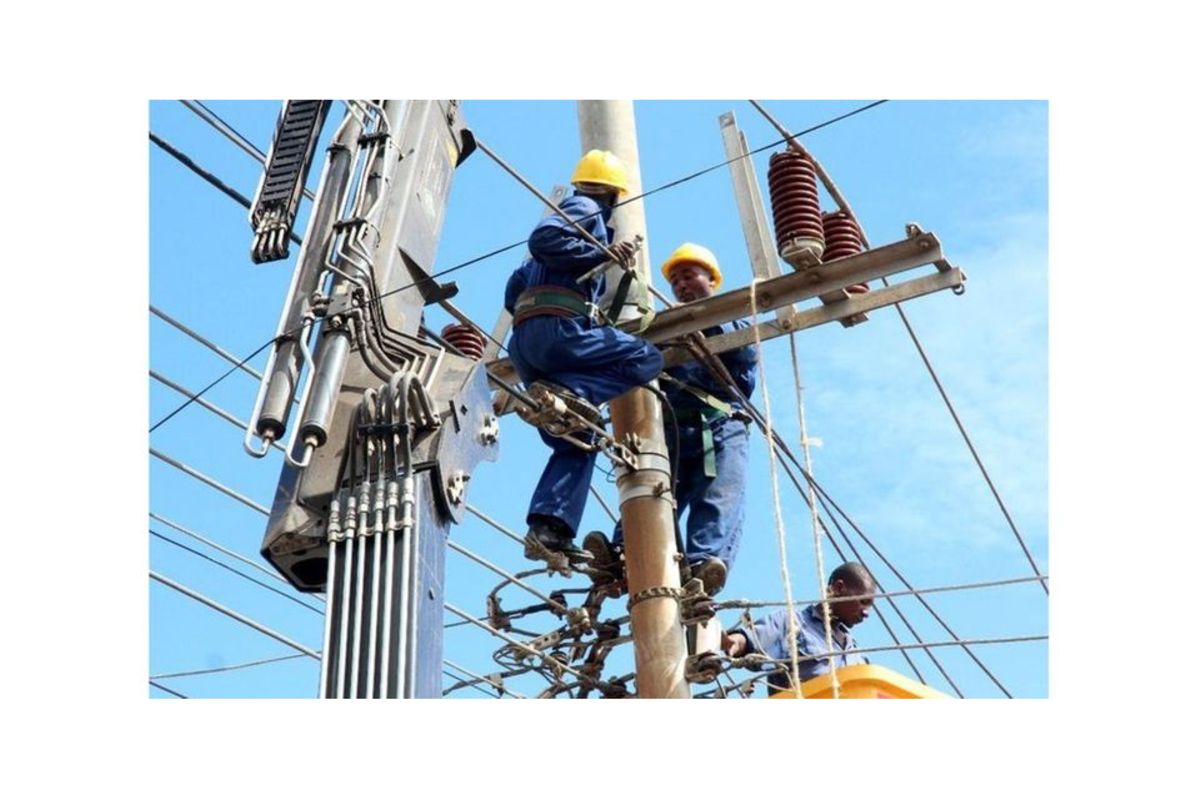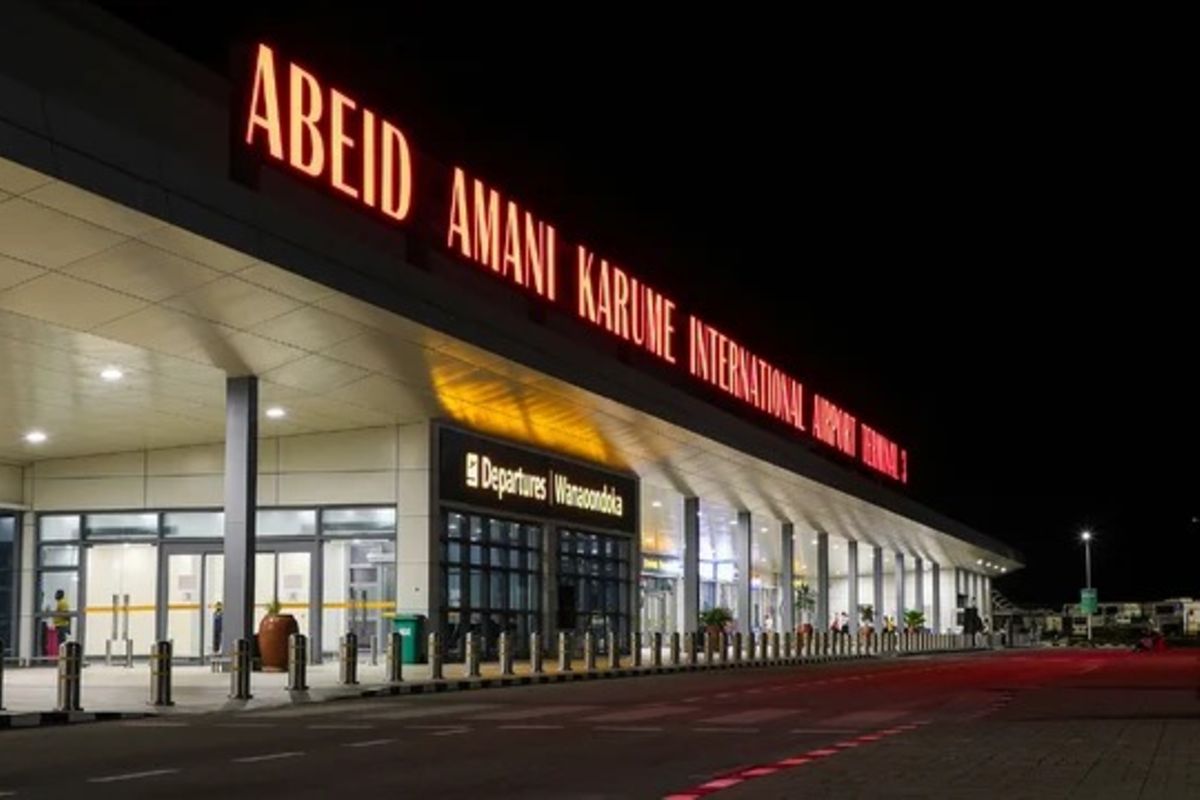What you need to know:
The Tanzania Electric Supply Company Limited (TANESCO) is a Tanzanian parastatal organisation established in 1964. It is wholly owned by the government of Tanzania. The Ministry of Energy and Minerals regulates the operations of TANESCO.[1]
Its business include: electricity generation, electricity transmission, electricity distribution and sale of electricity to the Tanzanian mainland and bulk power supply to the island of Zanzibar.
The company has a workforce of 7,300 persons. Its main offices are located in Ubungo west of Dar es Salaam central business district and it operates regional offices throughout Tanzania

How can Tanesco ensure that power woes will not impede future economic growth in Tanzania? That question is critical if you care about development in Tanzania, especially amid the ongoing worst power rationing for decades.
Based on official communications, peak electricity demand is around 1,200MW. That is curiously low since that is exactly where it was a decade ago. Given that demand was growing at a rate of 15 to 20 percent annually ten years ago, the figure should be around 7,000MW today.
I tend to think that the reality is much higher.
Nevertheless, the status quo is dire. Tanzania ranks in the bottom ten nations in the world in per capita energy consumption. In a decade, total installed capacity has scarcely increased. And barely one-third of Tanzanian households have access to electricity.
Is Tanesco genuinely up to the task?
A year or so ago, the powers that be installed a new management team at Tanesco. To give Tanesco a fresh perspective, the new management included many actors from the private sector. Many of those individuals have illustrious management profiles. But you look at some of them and still wonder whose interests they are serving at Tanesco.
The new management wasted no time in shaking things up. The PR and communication staff were sacked for failing to defend Tanesco from certain troublemakers. That was curious. In general, organisations start by improving their service, then consider how people perceive them. The decision Tanesco made signalled that the management thought that papering the cracks through PR takes precedence over fixing the issues that trouble Tanesco. A very curious decision indeed.
Afterwards, Tanesco announced a $30 million software solution deal with an Indian business called Tech Mahindra. While increased automation will do a company of Tanesco’s scale well, $30 million sounds a tad too steep for a software solution. Besides, I think this is the kind of business that ought to have been given to local developers. I know a couple of individuals who would have relished the challenge while saving Tanesco a lot of money.
Later, the government decided to exchange Tanesco’s debts for equity. The idea made good financial sense. Since the debt was reflected in the national debt, there was no point messing up Tanesco’s balance sheet as well. The decision boosts Tanesco’s creditworthiness, thus improving its financial competitiveness. With that came the tantalising prospect of listing Tanesco on the Dar es Salaam Stock Exchange (DSE). That is a welcome proposition, specifically because it would, among other things, increase Tanesco’s transparency in its affairs.
That being so, we need not be carried away. The way Tanesco operates today is not fit for purpose. So much has to happen to eliminate the dead weight and make Tanesco competitive as a public utility company.
One of the most important strategic decisions that ought to happen now is to unbundle Tanesco, particularly by removing all its activities related to power generation.
Tanzania’s electricity demand is primarily met through gas and hydroelectric power, with some contribution from renewable sources. The country has significant gas and coal reserves. However, due to strange power generation decisions, capacity has not kept pace with population and economic growth, leading to frequent blackouts.
Power generation has been Tanesco’s Achilles’ heel for decades. That is the area that has attracted political interference the most. And that is the area that has created the biggest opportunities for grand corruption, draining Tanesco dry by forcing it to pay excessively unfavourable rates.
In 2013, for example, the average cost of power was three times the tariffs customers were charged. While Tanesco’s own generation cost was 10 cents per 1 KWh, Songas’ was 5 cents, IPTL’s was 31 cents, and Symbion’s was 40 cents. Given how high some of these charges were, it is always alarming when you hear some of those companies are linked to Tanesco again.
Lately, there are rumours that IPTL is again supplying power to Tanesco. I have asked two people in the know and they both confirmed that. If the arrangement is similar to what it was in the past, that should make Tanzanians lose their sleep. In a year, the government would have paid at least Sh300 billion more for purchasing power from IPTL than from comparable providers.
The government can convert debt to equity for Tanesco and other companies as often as it wishes, but the future remains bleak if decisions such as these continue to be entertained.
In today’s world, determining the cost of power generation given any technology is simple. The rough figures can easily be found in several annual “state of energy” reports. Therefore, no one can pretend that they didn’t know. If there is a bad decision, the reason is that the people in leadership have colluded with the contractors.
A strict national power system master plan is necessary in order to disengage Tanesco from power generation. The power system should, one, highlight the resources for power generation, two, allow private operators to bid competitively, and three, be accompanied by laws that set a maximum price for power that Tanesco can pay.
Strategically, removing the power generation function from Tanesco would increase Tanesco’s independence, redirect the massive funds used in power generation towards strengthening the faltering transmission and distribution infrastructures, increase efficiency, and cut off the source of grand corruption from Tanesco.
Above everything, this would guarantee that Tanzanians would have an adequate supply of electricity for their development.
Share this news
This Year’s Most Read News Stories

Zanzibar introduces $44 insurance fee for visitors
Visitors travelling to Zanzibar will now have to pay an insurance fee of $44 (about Sh118,360) with effect from September 1.Continue Reading

New lawsuit as Zanzibar airport controversy continues
Another company joins the list as they file a petition challenging the exclusive rights granted to Dnata by Zanzibar Airports Authority.Continue Reading

Zanzibar liquor importers face fresh hurdle despite court order
The liquor shortage in Zanzibar is far from over, even after a court order granted relief to the three importers.Continue Reading










